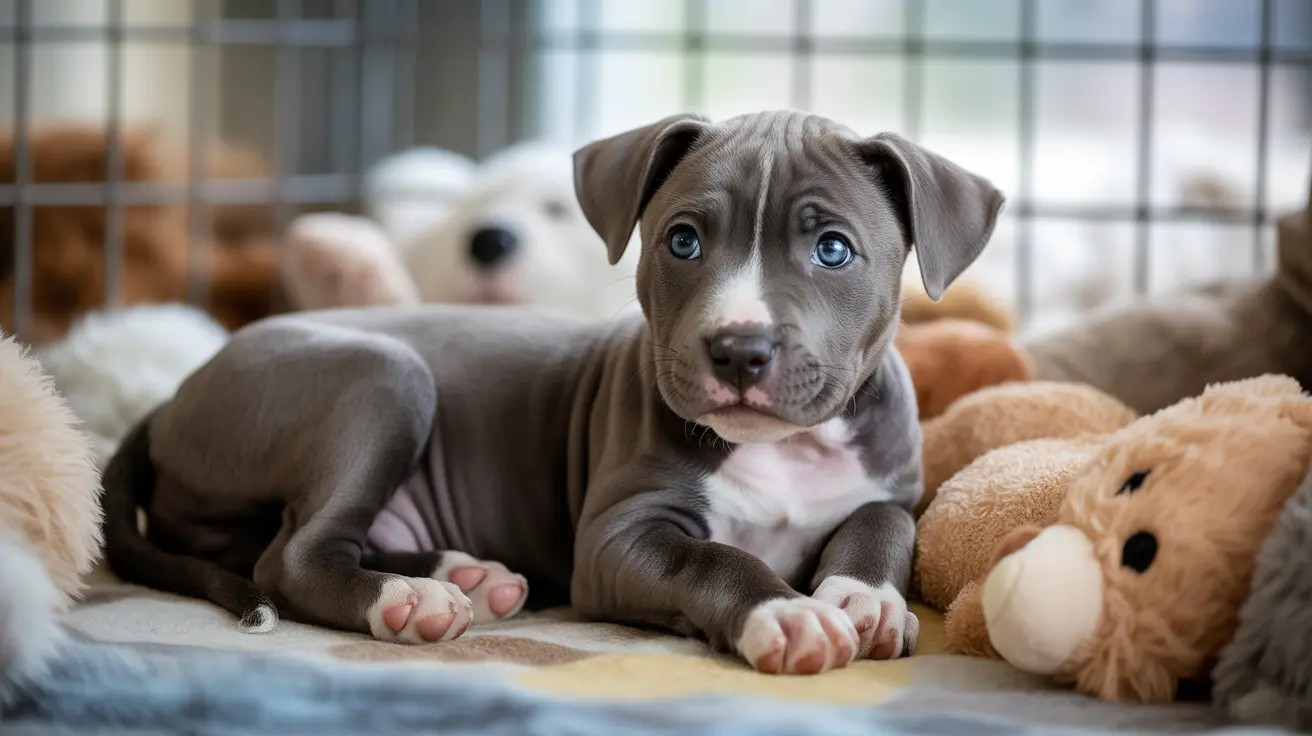Daily CBD Use in Cats: What Pet Owners Should Know
Cannabidiol, commonly known as CBD, is a naturally occurring compound extracted from the hemp plant. Over recent years, it has gained traction as a wellness supplement not only for humans but also for animals, including cats. Pet owners are increasingly curious about the potential benefits and safety of giving their feline companions CBD every day.
What Is CBD and How Does It Work in Cats?
CBD interacts with the endocannabinoid system (ECS), a complex network of receptors found throughout the body. The ECS plays a vital role in regulating physiological processes such as:
- Pain perception
- Inflammation
- Appetite and digestion
- Mood and stress levels
- Seizure activity
While CBD is derived from hemp, it contains little to no tetrahydrocannabinol (THC), the psychoactive component in marijuana. THC can be toxic to cats, so any CBD product designed for pets should be certified as either THC-free or contain less than 0.3% THC.
Potential Benefits of Daily CBD Use
Research on CBD specifically for cats remains limited, but emerging evidence from both studies and pet owner testimonials suggest several potential benefits:
- Pain Management: CBD may offer anti-inflammatory properties that can help cats suffering from arthritis or mobility issues.
- Anxiety and Stress Reduction: Many owners have observed calmer behavior in cats experiencing separation anxiety or adapting to new environments.
- Seizure Support: Though clinical proof mainly comes from human and canine studies, anecdotal reports note improvement in seizure-prone cats.
Scientific Study Insights
A notable randomized, placebo-controlled study explored the effects of 4 mg/kg of THC-free CBD oil administered daily to healthy cats over a 26-week period. Findings indicated:
- No clinically significant differences in behavior, weight, or appetite compared to the placebo group.
- Mild and temporary increases in liver enzymes like ALT.
- High overall tolerance and safety among the majority of cats.
However, individual responses varied, and a few cats were withdrawn from the study due to unrelated health or behavioral issues. The general conclusion was that healthy cats can safely tolerate daily CBD under monitored conditions.
Possible Side Effects
Even with favorable safety data, some cats may exhibit mild side effects when starting CBD, such as:
- Sleepiness or Drowsiness
- Digestive Upset (e.g., nausea, diarrhea, vomiting)
- Increased Thirst or Dry Mouth
Rare but noteworthy adverse effects may include behavioral changes or liver enzyme elevation, especially in cats with pre-existing hepatic concerns. Monitoring and veterinary consultation are essential when introducing CBD into your cat's regimen.
Drug Interactions and Health Precautions
CBD can interact with medications such as antifungals, benzodiazepines, antidepressants, and certain anti-inflammatory drugs. Always disclose your cat’s full medical history and medications to your veterinarian before starting CBD.
Choosing Safe CBD Products for Cats
To ensure your cat receives safe and effective supplementation, opt for high-quality products that meet the following standards:
- Pet-specific formulations—human products may contain unsafe additives.
- THC-free or minimal THC content—preferably below 0.3%.
- Third-party lab testing—verifies purity and potency.
- Simple ingredients—no artificial colors, flavors, or preservatives.
- Oil tinctures or chews—for precise and controllable dosing.
How to Dose Daily CBD for Cats
There are currently no officially standardized dosing guidelines for cats. That said, pet-formulated CBD often comes with manufacturer suggestions based on weight. A typical starting point is:
- 2–3 mg per 10 lbs of body weight per day
Start low and observe your cat’s behavior over several days. Gradual adjustment based on need and reaction is advised. CBD can be given orally, mixed with food, or in some instances topically if your cat is averse to ingestion.
Daily Use Versus Occasional Use
Daily CBD use may be more beneficial for chronic issues like arthritis or consistent anxiety, while momentary or event-based use suffices for acute stressors, such as travel or vet visits. The key is tailoring the schedule to your cat's specific health status and reactions.
Final Thoughts
While daily administration of CBD can be beneficial for many cats, it should not replace conventional veterinary care. As every cat is unique—especially in how they metabolize substances due to liver activity—ongoing health monitoring with a veterinarian is fundamental.
CBD presents promise as a supportive supplement for a range of feline health concerns, but responsible usage starts with high-quality products and professional guidance. With caution and care, CBD may become a valuable addition to your cat’s wellness plan.





